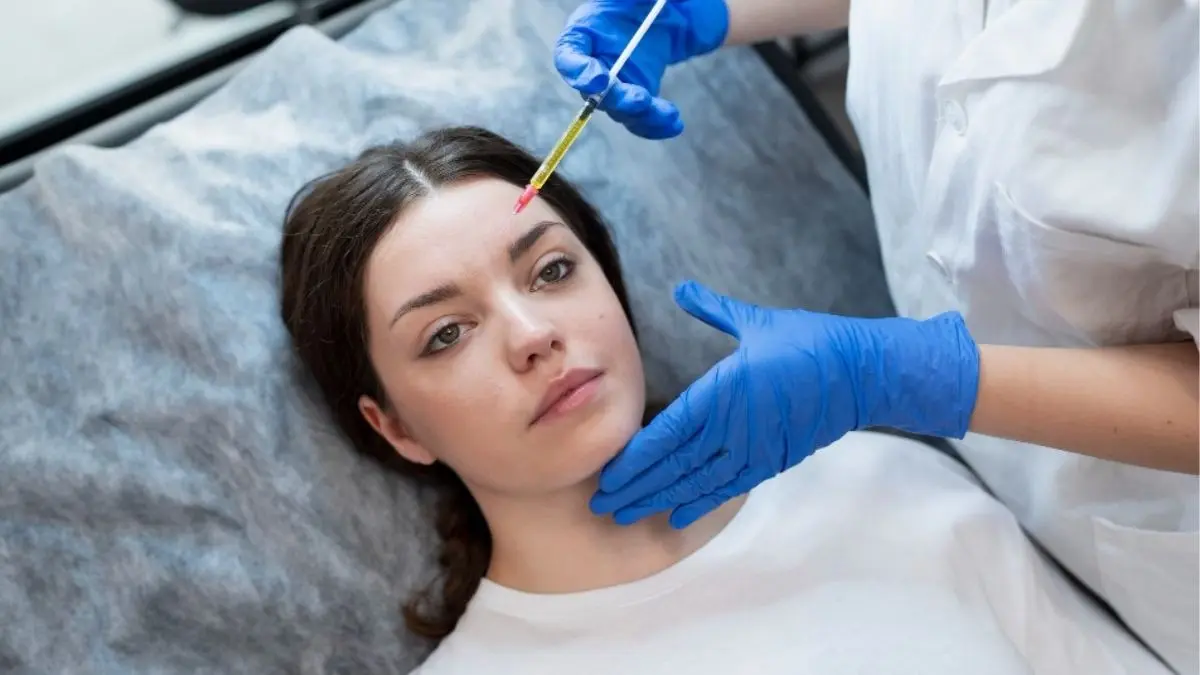Updated 29 June 2025 at 14:32 IST
Anti-Ageing Injections: Fatal Side Effects You Need to Know
Shefali Jariwala's tragic death spotlights the hidden dangers of anti-ageing injections. While still under study, these treatments can cause serious cardiovascular hazards, especially when mixed with other medications or administered during fasting.
- Health News
- 3 min read

New Delhi: The growing popularity of anti-ageing injections has raised health concerns after recent reports linked such treatments to sudden health complications. While the death of actress Shefali Jariwala has drawn attention to this issue, medical experts say the risks tied to these procedures go far beyond one case.
Shefali reportedly collapsed at home on June 27 after receiving her regular anti-ageing injection while fasting and taking medication. Doctors believe a sudden drop in blood pressure may have triggered cardiac arrest. While her final medical reports are still awaited, health experts are using this incident to warn people about the lesser-known dangers of anti-ageing treatments.
Side Effects of Anti-Ageing Injections
Anti-ageing injections like botulinum toxin (commonly known as Botox) and dermal fillers are often used to reduce wrinkles, fine lines, and other signs of ageing. These treatments are non-surgical and are widely promoted as safe and effective.
However, medical research shows that even though these procedures are safe in controlled, medical settings, they can turn risky when not handled properly. A study published in the Journal of Clinical Endocrinology and Metabolism in 2021 pointed out that peptide-based injections used for anti-ageing can cause heart problems and sudden drops in blood pressure, especially when taken during fasting or in combination with other medications.
Advertisement
Experts warn that in many countries, including India, regulatory oversight of cosmetic procedures remains weak. In several cases, such injections are administered by individuals without proper medical training, increasing the chances of incorrect dosage or improper application. The lack of structured training, use of unapproved products, and poor awareness of patient history can lead to adverse events that may be life-threatening.
Advertisement
How These Injections Affect the Body
Botulinum toxin is made from a natural bacteria called Clostridium botulinum. It is one of the most powerful toxins in the world. In small, controlled doses, it can be used safely to reduce muscle movement and smooth wrinkles. But if the dose is too high, or if it is injected incorrectly, it can cause breathing problems, allergic reactions, and even problems with the heart.
Even when done properly, these injections offer only temporary results. Over time, the body may stop responding to the injections as well as before, leading people to seek higher doses or try different treatments. This increases the chances of complications.
Some people turn to anti-ageing through lifestyle changes like calorie restriction (CR), where they eat fewer calories to slow down the ageing process. Research, including a study by Luigi Fontana in The Journal of the American College of Cardiology, found that CR can improve heart health. But there is still no clear proof that it can delay ageing in all people.
In short, while there are many anti-ageing products and treatments available today, scientists agree that there is no proven way to stop or reverse ageing. Most of these treatments only offer temporary cosmetic improvements and may carry hidden risks.
What You Should Know Before Getting Anti-Ageing Injections
Doctors say anyone considering anti-ageing injections should:
- Only get them from trained and certified medical professionals.
- Share full details about their medical history and any medication they are taking.
- Avoid taking such treatments when fasting or sick.
- Be aware that results are temporary, and regular use may bring new side effects.
As more people explore cosmetic treatments for younger-looking skin, experts warn that looking good should never come at the cost of your health. Before undergoing any anti-ageing procedure, it is important to understand the risks and make safe, informed choices.
Published By : Aditi Pandey
Published On: 29 June 2025 at 14:32 IST
